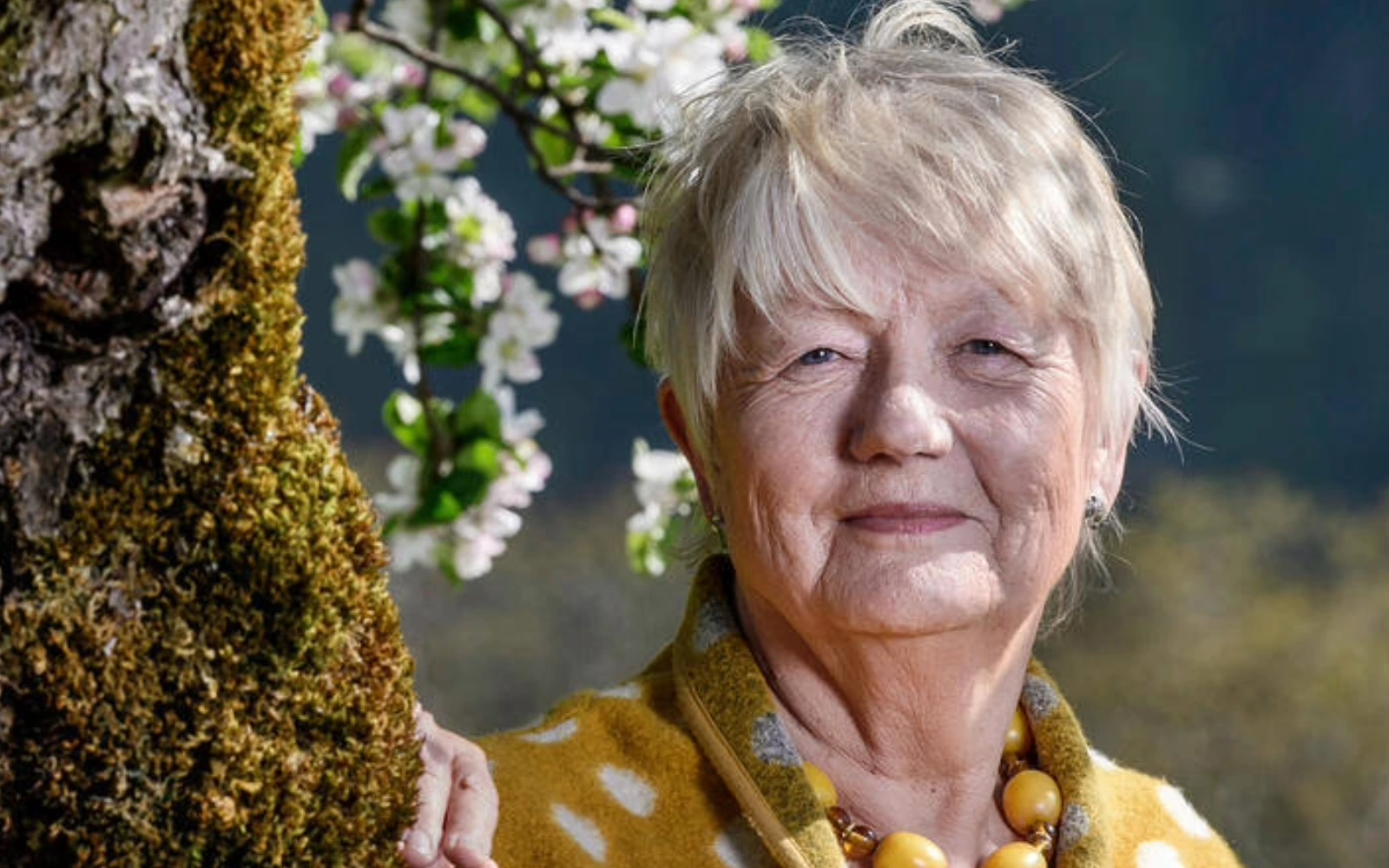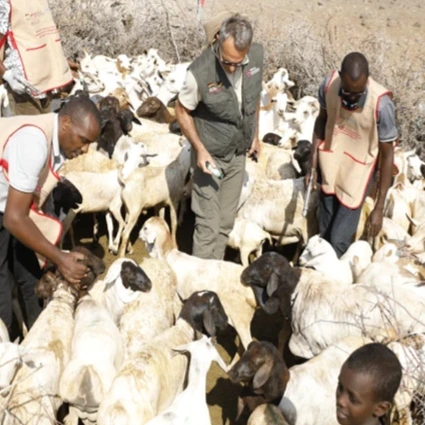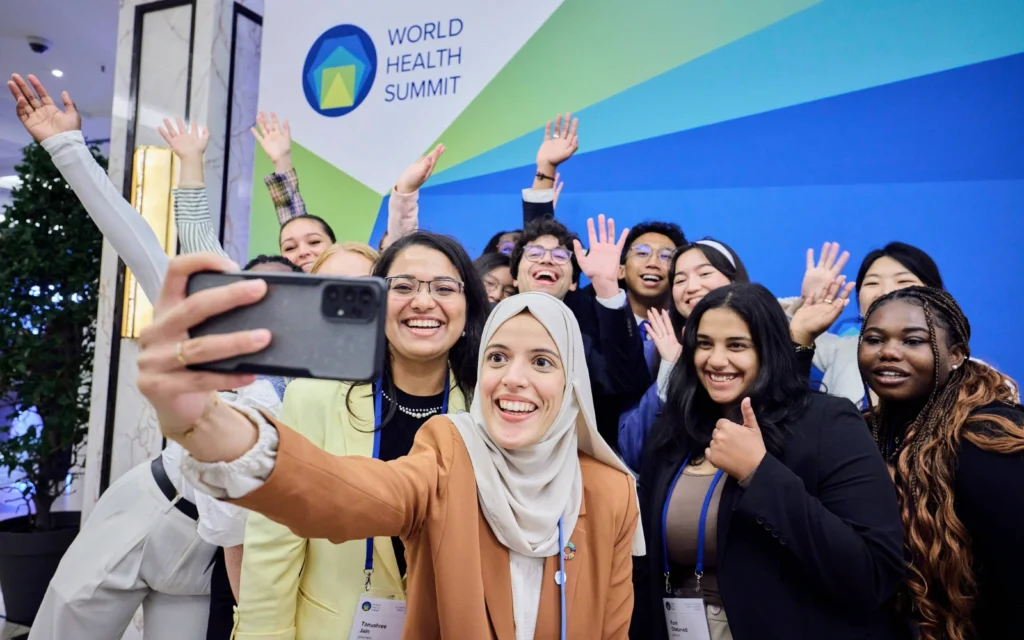OneSec: Global Health, One Health and Planetary Health are increasingly shaping the discourse across sectors—from donor strategies to field-level interventions. Why is it so important to distinguish between these frameworks, rather than treat them as interchangeable?
Ilona Kickbusch: Because clarity enables action. Each of these concepts has its own origin, logic, and institutional landscape. They reflect different priorities and histories—but they also share something essential: a call to break with narrow, siloed thinking. They all challenge us to see health as systemic, as connected to society, to the environment, and to politics.
OneSec: When we look at Global Health today, we see both impressive achievements and structural critiques. How would you describe its current value—and the tensions between competing visions of what Global Health should be?
Ilona Kickbusch: Global Health emerged from a post-colonial development paradigm, focused on human health—often with a North-South lens. It has saved millions of lives through global programs and investments, especially in areas like vaccination, maternal health, HIV, TB, and malaria. But it also carries blind spots—such as a tendency to prioritize diseases over systems, or to overlook local leadership and knowledge. Too often, Global Health focused on biomedical interventions while neglecting the political economy of health.
In fact, we’re seeing two distinct strands of Global Health thinking emerge. On one hand, actors like the Gates Foundation focus on the science of survival—reducing mortality through targeted interventions. On the other hand, institutions like the World Health Organization emphasize a broader understanding of health: not just survival, but reducing the overall burden of disease, including non-communicable diseases that may not lead to immediate death but still define people’s lives. As WHO Director-General Dr. Tedros Adhanom Ghebreyesus famously put it: ‘No one is safe until we all are safe.’
That said, Global Health can and should evolve. A growing number of regional networks—such as Africa CDC or ASEAN’s health cooperation platforms—are creating South-South models of expertise and leadership. These partnerships show what a more horizontal, multipolar form of Global Health can look like.
“AMR already causes more deaths annually than HIV/AIDS or malaria—yet it receives a fraction of the attention and funding. This needs to change.”
OneSec: One Health is a systems perspective that integrates human, animal, and environmental health. Given its growing relevance in both policy and field work, what makes this framework so effective for addressing today’s multifaceted health risks?
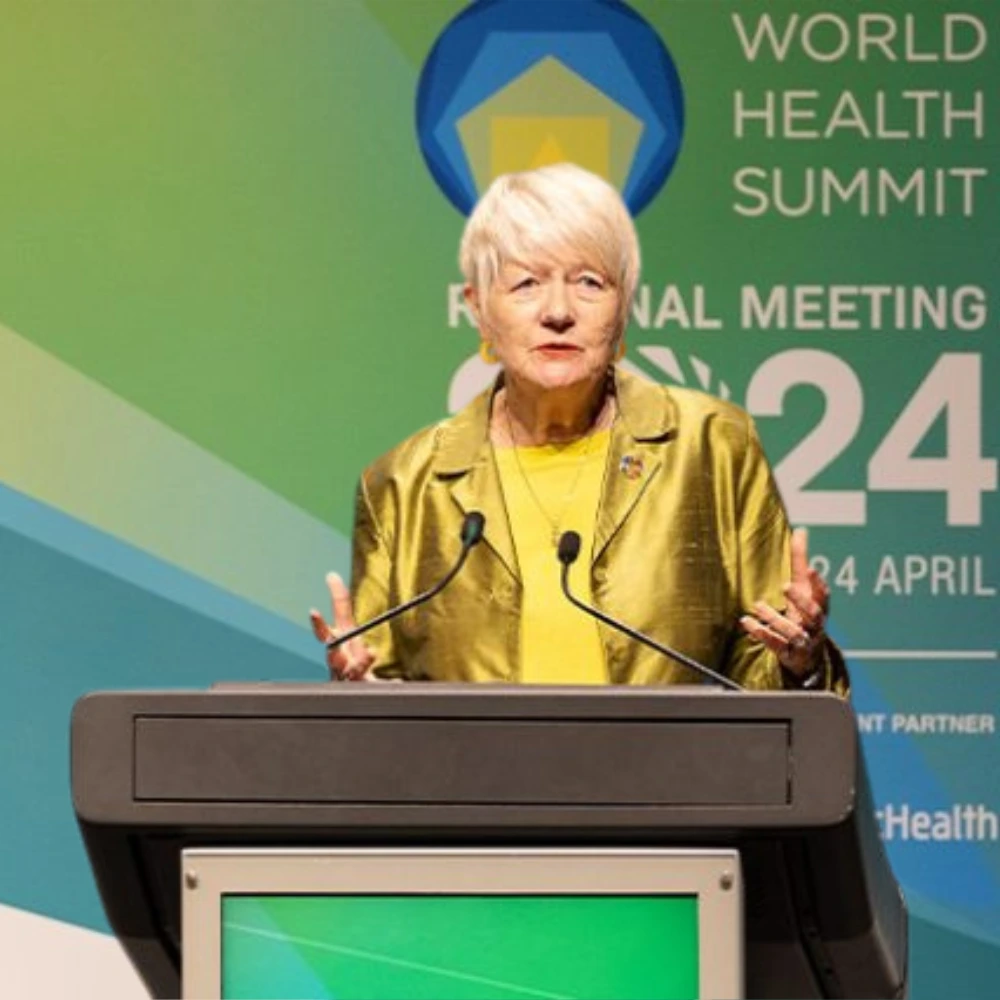
Ilona Kickbusch: One Health emphasizes the interdependence between humans, animals, and ecosystems. It’s particularly relevant when we look at antimicrobial resistance (AMR). The overuse of antibiotics in both human medicine and livestock farming creates resistant bacteria that travel across borders and species. Tackling AMR requires joint action from public health institutions, veterinary systems, agriculture, and environmental regulators. That’s One Health in practice.
In fact, AMR already causes more deaths annually than HIV/AIDS or malaria—yet it receives a fraction of the attention and funding. This needs to change.
“COVID-19 was not an isolated event – it was a symptom of systemic ecological disruption.”
OneSec: Planetary Health is frequently described as a paradigm shift. What does this concept add to our understanding of health that the other frameworks don’t fully capture?
Ilona Kickbusch: Planetary Health goes even further. It asks whether humanity can thrive within planetary boundaries. Climate change, biodiversity loss, deforestation, pollution—these are not background conditions. They are man-made health risks. Take deforestation, for example. When forests are cleared, species lose their habitats and migrate—bringing potential viral hosts into proximity with human populations. This dynamic is directly linked to the increased likelihood of pandemics. In fact, the conditions that enabled COVID-19 are rooted in exactly these types of ecological disruptions.
Some dismiss Planetary Health as a “hippie” notion. I see it as a necessary paradigm shift. Institutions like the Potsdam Institute have helped us understand the hard science behind it. And it’s worth remembering that this is not a new idea. The original 2015 Lancet Commission on Planetary Health introduced the foundational formula: ‘Healthy People, Healthy Planet’—a framing that has since inspired a new generation of thinking in global health. This is not idealism—it is realism.
OneSec: Conceptually, these frameworks seem to overlap—but also pull in different directions. How do you see their relationship in practice?
Ilona Kickbusch: Absolutely. One Health overlaps with Planetary Health—especially in the context of zoonoses and vector-borne diseases. But each concept also pushes our thinking in a different direction. We need all three to fully grasp the complex interdependencies that define modern health risks.
“These concepts are not academic. They help align operational decisions with broader responsibilities.”
OneSec: For actors navigating humanitarian and development challenges, how can these frameworks serve as more than conceptual models—how can they support concrete decisions?
Ilona Kickbusch: They offer orientation in complexity. In humanitarian work especially, we often deal with overlapping crises—conflict, displacement, disease, climate shocks. A One Health perspective can improve early detection and risk analysis. Community-based surveillance systems can monitor environmental signals, animal health, and human outbreaks together. In pastoralist communities, vaccinating livestock not only protects animals but also prevents economic collapse—and reduces human exposure to zoonotic diseases.
Planetary Health can guide sustainable rebuilding—for instance, designing health facilities that are climate-resilient, using local materials, or integrating green spaces into post-disaster urban planning. It encourages us to think long-term, and to connect environmental recovery with health outcomes.
Global Health, rethought, helps bridge the local with the global. It supports cross-border collaboration, health equity, and knowledge exchange—if we allow it to move away from paternalistic tendencies.
These concepts are not academic. They help align operational decisions with broader responsibilities. And they remind us that the choices we make in health—what we fund, what we ignore, how we intervene—always shape outcomes, for better or worse.
OneSec: You’ve spoken about how terminology shapes political agendas. Can you give us a sense of how these frameworks are translating into governance and funding decisions at the global level?
Ilona Kickbusch: Language is never neutral. It defines what becomes visible, what is funded, and what is considered legitimate. If One Health or Planetary Health appear in G7 or G20 declarations, that signals something. Institutions such as the World Health Organization, the World Health Summit, or even funding mechanisms like GAVI respond to these discursive shifts. The upcoming World Health Summit in October 2025, for example, will take the current geopolitical transformations and their implications for global health governance as its overarching theme: “Taking Responsibility for Health in a Fragmenting World.”
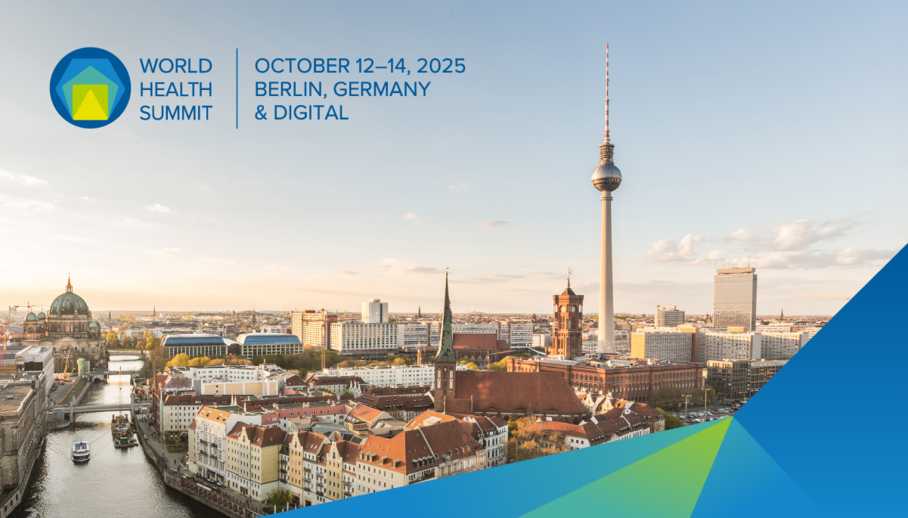
But we must go beyond buzzwords. If we want these frameworks to have impact, we need to integrate them into governance, into how ministries collaborate, into how budgets are structured. That’s a political task. And it’s a task that has become increasingly difficult, now that geopolitical relations are becoming more competitive in nature—making consensus on sustainable and holistic public health approaches harder to achieve. The ongoing negotiations around the WHO Pandemic Accord illustrate just how complex—but also how urgent—this task has become. We need mechanisms that strengthen preparedness and solidarity, not deepen fragmentation.
“The era of dominance is over. We need global health governance that reflects a multipolar reality.”
OneSec: With the global balance of power shifting, how do you see these transformations affecting the space for health cooperation and shared responsibility?
Ilona Kickbusch: We are witnessing funding cuts by traditionally strong donors for global public health initiatives—at a moment when coordinated action is needed more than ever. This financial uncertainty threatens to undermine progress and deepen inequalities. At the same time, we are living through a profound geopolitical realignment. The liberal, Western-led order is fading. New powers—India, China, Brazil, South Africa—are shaping global health debates in new ways. That brings tensions, yes—but also energy, innovation, and a broader definition of what matters.
Health cooperation must adapt. That means listening differently, sharing power, and being honest about whose interests are being served. The era of dominance is over. We need global health governance that reflects a multipolar reality—and that includes new narratives, institutions, and expectations.
OneSec: Finally, what message would you most like to leave with our readers—especially those shaping policies, programs, and partnerships?
Ilona Kickbusch: Don’t underestimate your voice. Whether you work in a refugee camp, a health ministry, or a donor agency—you are shaping how health is understood and practiced. These concepts—One Health, Planetary Health, Global Health—are not just intellectual frameworks. They are tools. Use them. And use them with urgency—because evidence shows that epidemics are arising with increasing frequency, and sustainable health design is no longer optional, but essential.
“Don’t wait for someone else to define the future. It won’t be designed in Geneva alone. Let’s make sure that future is fair, resilient, and grounded in care.”
